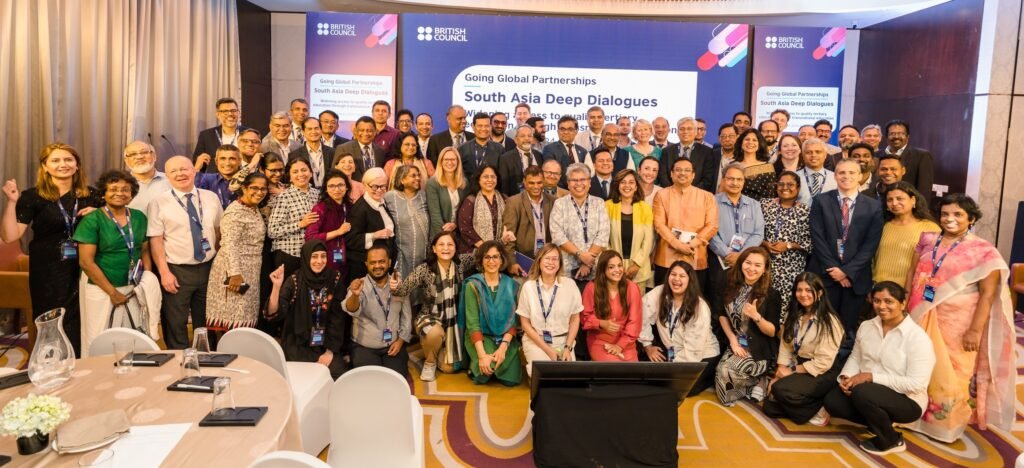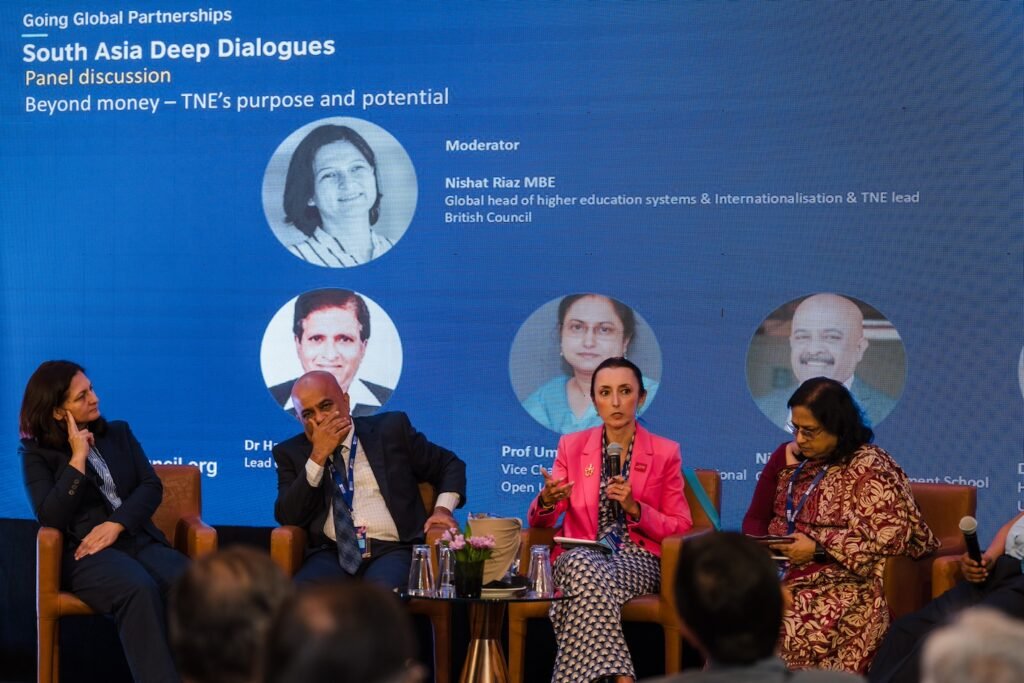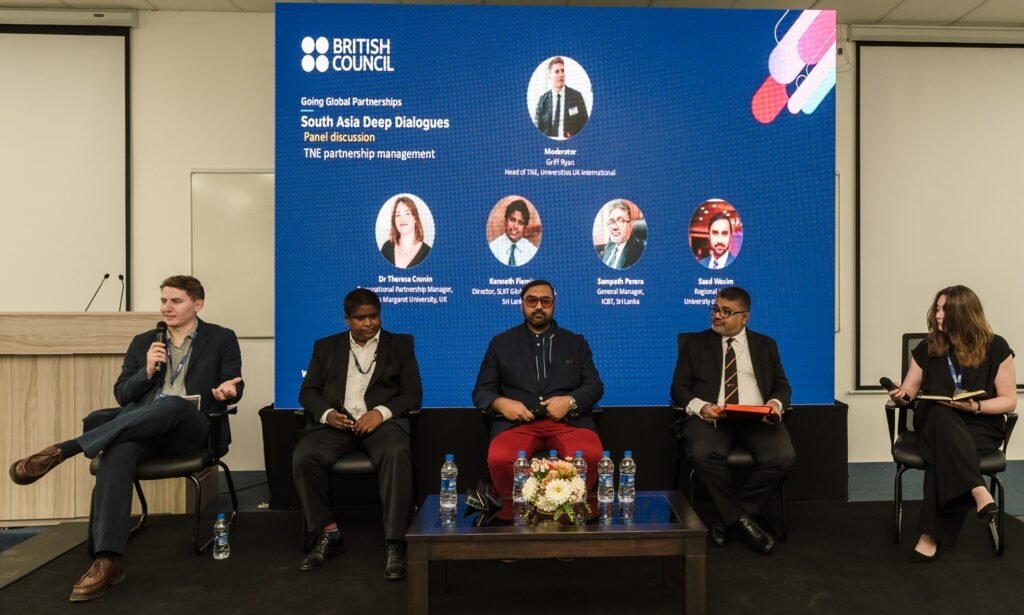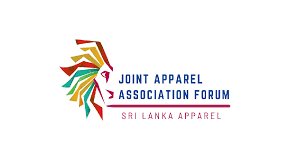The British Council‘s South Asia Deep Dialogues event took place from 10-11 December in Colombo. With the theme of: “‘Widening access to quality tertiary education through transnational education’, Deep Dialogues brought leading experts, policymakers, and education sector professionals from the UK and South Asia to discuss the potential of transnational education (TNE), particularly as a significant driver of educational transformation, the knowledge economy and sustainable development goals.

Key insights that emerged from the sessions included:
- Trust and respect are fundamental to establishing mutually beneficial partnerships that will significantly improve the quality of teaching, curricula, policies, and, ultimately, the student experience.
- Quality assurance needs to be at the heart of TNE development and delivery so that students receive high quality education. At the same time, higher education and quality assurance systems must be resilient enough to navigate the evolving landscape of course delivery, content, and student diversity, while fostering trust and confidence among all stakeholders.
- As TNE expands and transforms, education leaders face increasingly complex challenges in balancing local contexts with internationalisation goals. We need resilient, culturally intelligent leaders to navigate diverse stakeholder expectations.

Notable discussions at the Deep Dialogues revolved around creating an understanding of how TNE can make positive contribution to social development goals, lead to employability, exploring various TNE models, discussing quality assurance and approaches to implementation of TNE policy frameworks.

Helen Silvester, Regional Director, South Asia at the British Council, said: “TNE not only provides an opportunity for affordable international education but also facilitates ‘brain circulation’ rather than ‘brain drain’, something heavily valued by governments across South Asia. Critically, it helps countries respond to the very high demand for Higher Education that outstrips the capacity of public education systems to meet. It develops the quality of teaching, research and supports national competitiveness. The discussions and recommendations at the Deep Dialogues feed into our wider work to help support young people to gain the knowledge and skills they need to succeed in life and work in a global society.”
Orlando Edwards, Country Director of British Council Sri Lanka said: “Our work in TNE has created opportunities for over 50,000 students to access world class UK qualifications, establishing Sri Lanka as the second largest TNE partner country for the UK after China. It is fitting, therefore, that Sri Lanka was selected to host the first ever regional Deep Dialogue. The rich dialogue discussions included a focus on policy and quality assurance, with a number of recommendations which we are excited to take forward in collaboration with our partners.”
Through the British Council’s work in Transnational Education (TNE), we increase the understanding of policy makers of the potential of TNE in their country and increase awareness and reputation of the UK TNE sector. In Sri Lanka our recent research report on Transnational Education has contributed to strengthening TNE development and delivery including quality assurance in the country.
The report can be viewed here: Transnational education in Sri Lanka: Operational and quality assurance landscape | British Council Sri Lanka
Deep Dialogues are focused events organised by the British Council that foster meaningful international engagement on important higher education themes.
About the British Council
The British Council is the UK’s international organisation for cultural relations and educational opportunities. We support peace and prosperity by building connections, understanding and trust between people in the UK and countries worldwide. We do this through our work in arts and culture, education and the English language. We work with people in over 200 countries and territories and are on the ground in more than 100 countries.






